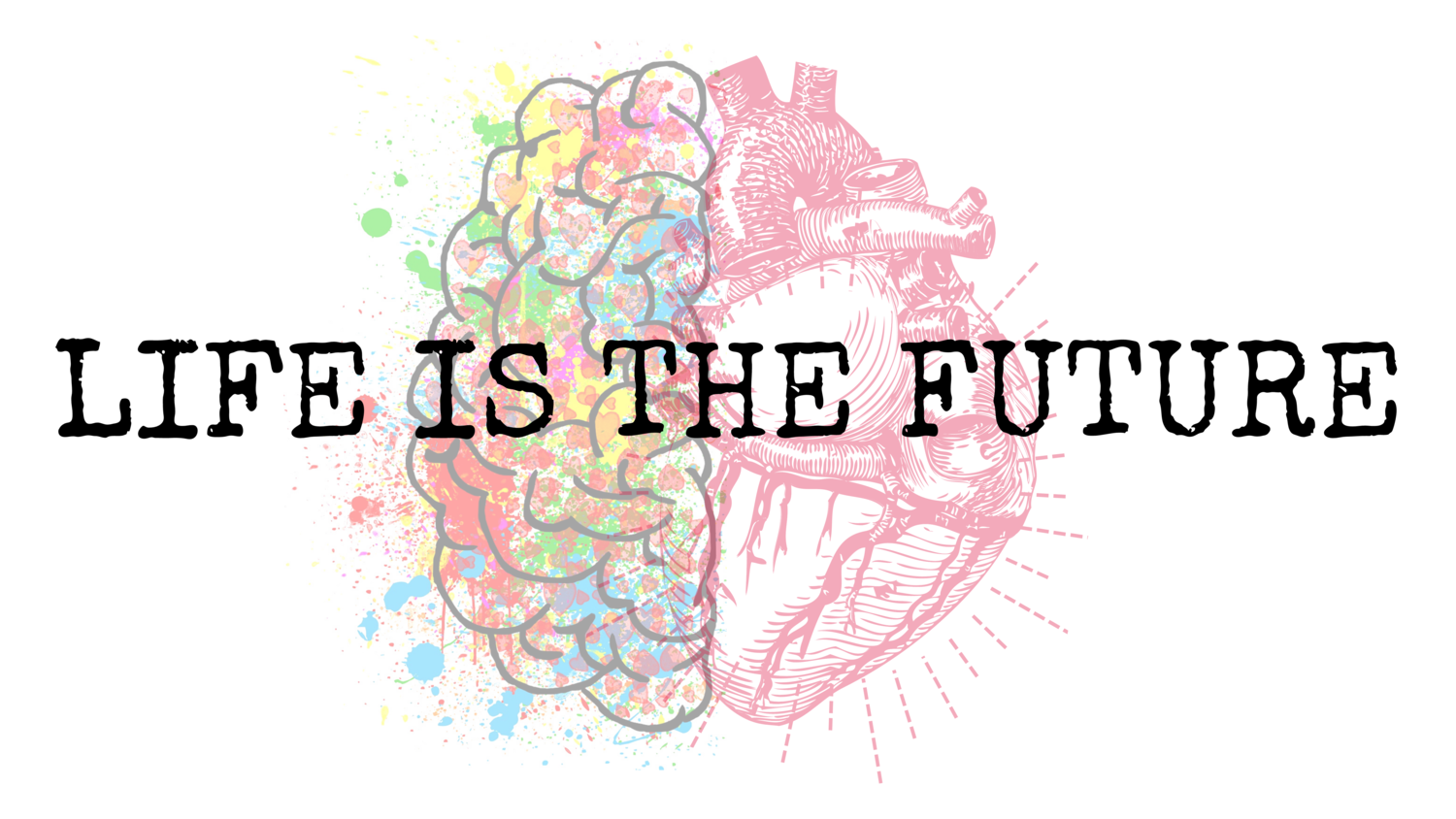Take It or Leave It: Missed Opportunity
"A thought, even a possibility, can shatter and transform us." - Friedrich Nietzsche
I recently purchased a vintage typewriter.
I found a pretty good deal for such a find, and it got me thinking about the gives and takes in life. Not just inanimate objects for purchase, but people and advice and opportunity. And words themselves.
Oftentimes, in negotiating the price of purchase, in haggling a buyer/seller up or down, a final offer comes your way and you find yourself in the old "take it or leave it" situation. Sometimes you walk away. Other times you make off with a steal. And still other times you overpay or you undersell.
It seems to me that people rarely regret the deals in which they overpaid. In fact, we remember the deals we didn't take instead. We begrudge the times when we should've pulled the trigger and forked it out. Those are the instances that we look back and say, "Damn. I almost had that ____________________ I was looking for... if only I had just taken the deal."
Obviously I'm not talking about being an irresponsible consumer. I'm referring to the remorse of missing out. Sure, maybe something else comes along later and it all works out fine. But all too often the worth, the true value, of a good or service goes far past what was paid.
Do we lament paying an extra 5 or 10 bucks for good, healthy food? Do we grieve over a 20 dollar increase for the best repair service in town? Do we pour over the extra money put towards quality day care or a safer car or that trustworthy appliance to keep the family household functioning?
Sure, we all want great deals in life. Every time, all the time. And it would be short-sighted to just throw money out the window. But the mind doesn't hold on to money, it holds on to regret. Wishing we made better choices in our past sits in the forefront of sad memories.
Real regret is rooted in missed opportunity, not in the times we were moved to action. This is often known as Hobson’s choice: A choice of taking what is available or being left with nothing at all.
So, in turn, this isn't about money at all. It's about opportunity.
• • •
Let's change the focus from money to advice— from dollars to sense.
Advice is thrown at us in all directions, and from such a young age. It doesn't really stop, does it? But what do we regret? Not the fact that people always talk to us, giving input or ideas. Yes, that may be annoying at times, but, really, we regret the moments we didn't take good advice.
"I should've listened to them ... instead I did what I wanted to do ... I just wasn't thinking. I wish I could go back in time."
More regret. More missed opportunities.
What about other instances— other mental calls to action? What-ifs, we can call them. To travel, change jobs, play in a band, take a night class, ask out that certain someone... the list could go on.
Do we keep all of life's what-ifs and hold them close, under lock and key like a savings account? Nope. What-ifs accrue interest, alright, but in a totally different definition of the word. Those missed opportunities rattle like spare change in our pockets, a jingling reminder at every step. If we throw out those few decisions in life that, with hindsight, would have broken the bank— not just financially, but mostly socially or emotionally— we are left with opportunities we regret not taking.
The goal is to have as few of these what-ifs as possible. At least that's my two cents.
• • •
I have started to put some projects in place with my typewriter. That was kind of the plan behind the purchase. We'll see where it goes. It's worth a bit of time and energy in the short-term to find out what might happen in the long-term.
The goal is to make hard copies of written work— mostly poetry I've done— for original pieces available for purchase. This visual appeal, these tangible pieces of art, they are just words. Letters rearranged to create sentences that, for some people, may seem worthless. Corny or cheesy or cliché. But for others, myself included, maybe they ring true. Maybe they have power. Maybe they invoke emotion or bring out a memory or instill a hope. That's the great what-if, isn't it?
Really, in all this, I'm just listening to good advice: "What would you attempt to do if you knew you could not fail?"
I didn't want to lose out on the opportunity, to miss a chance to do something I might find fun or rewarding. I don't want to look back with regrets. It may not work out; the idea might fail, and that's okay. In fact, there are plenty of writers out there selling their words as artistic work. But what is new is that these are my words. That's new. That's novel. And I like that. It's exciting and I feel a little out of my comfort zone, and I figured, "Why not?" People can take it or leave it.
I didn't want too many what-if coins clinking around in my pocket.

